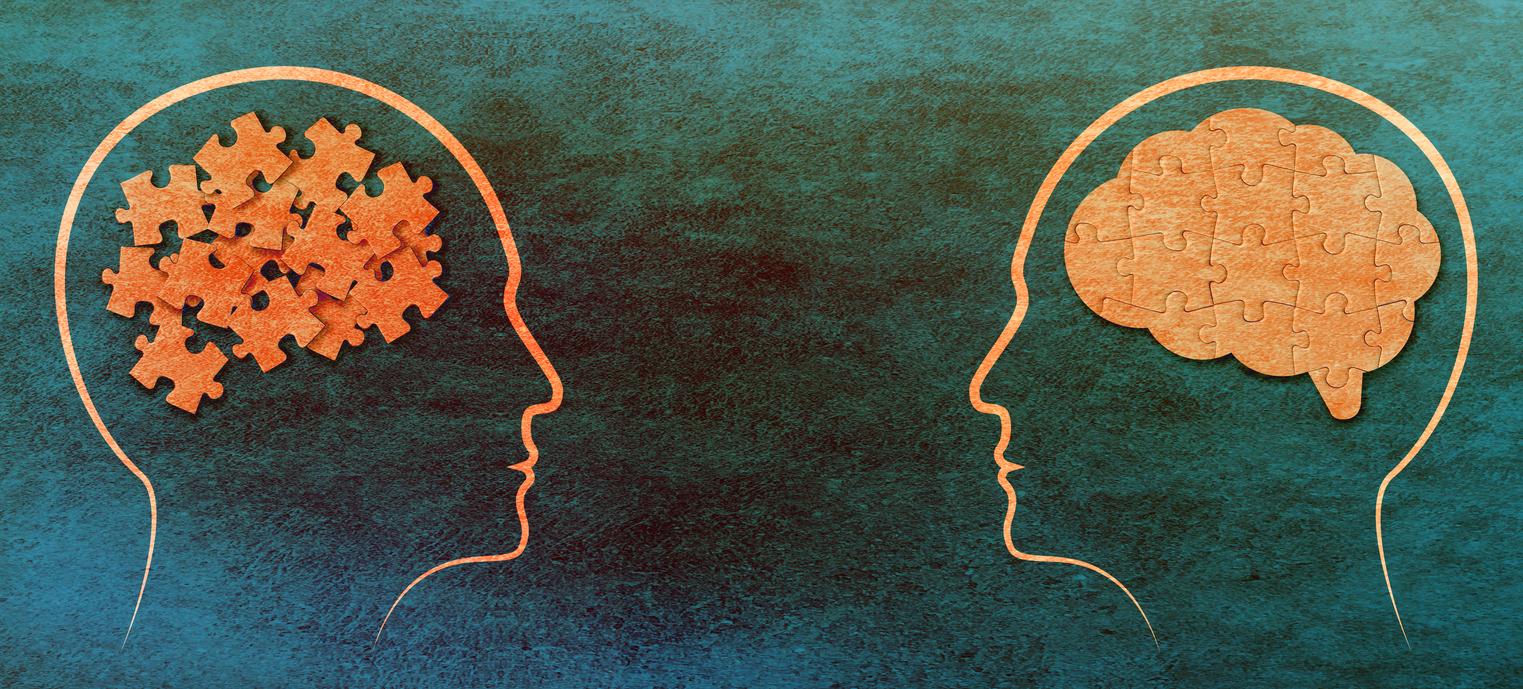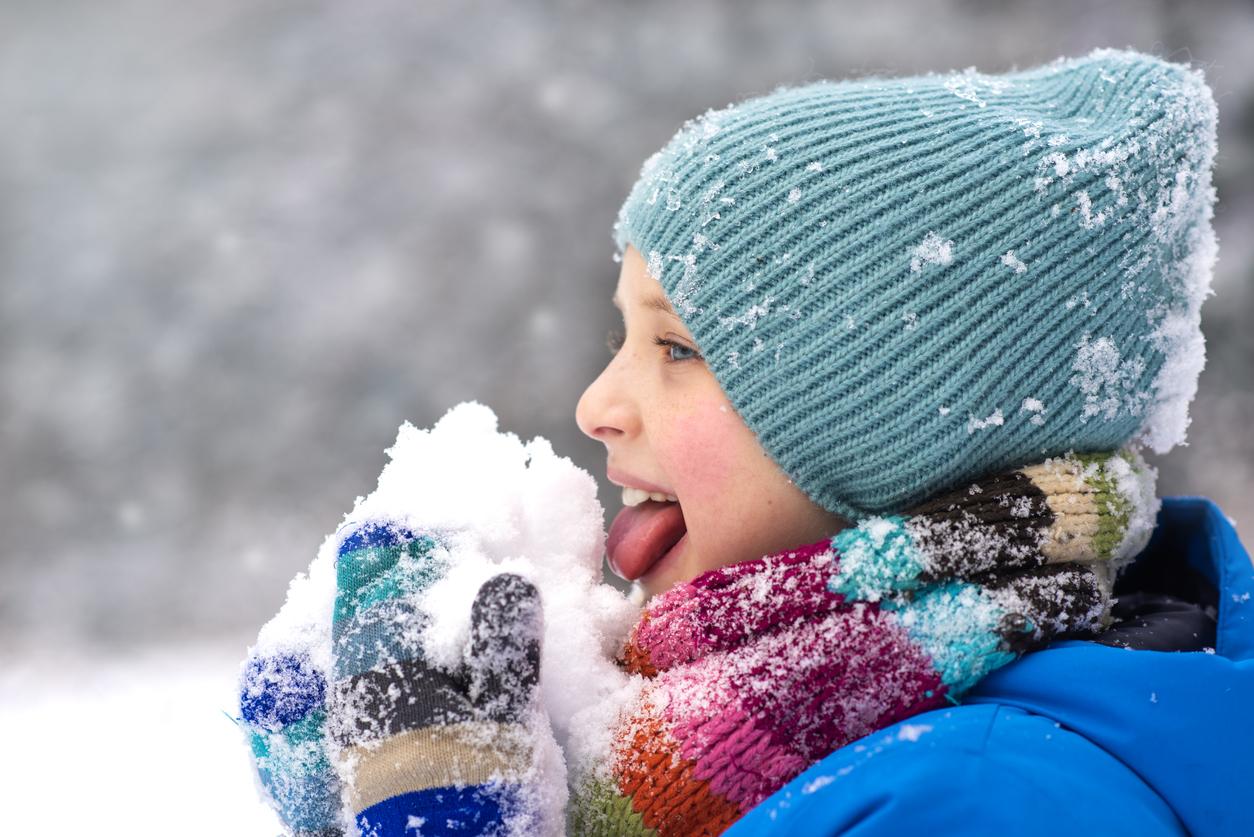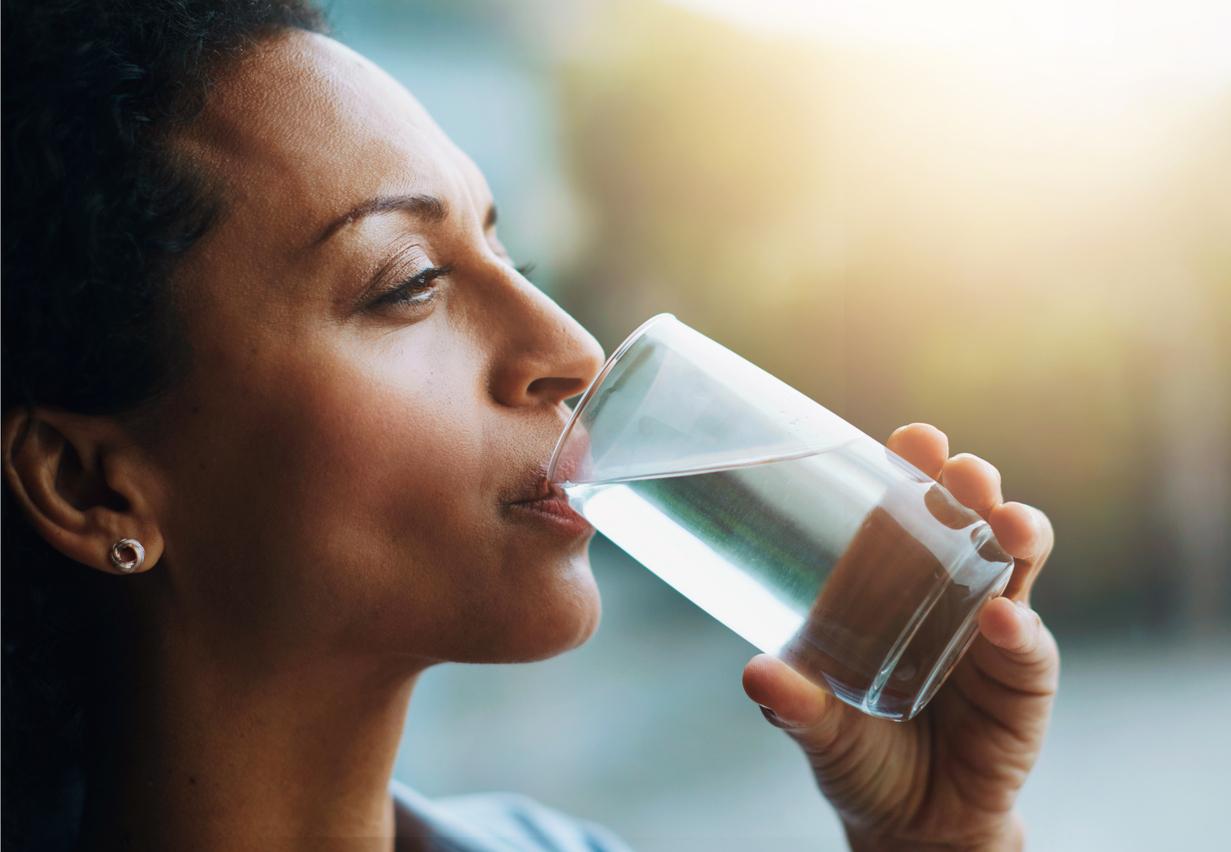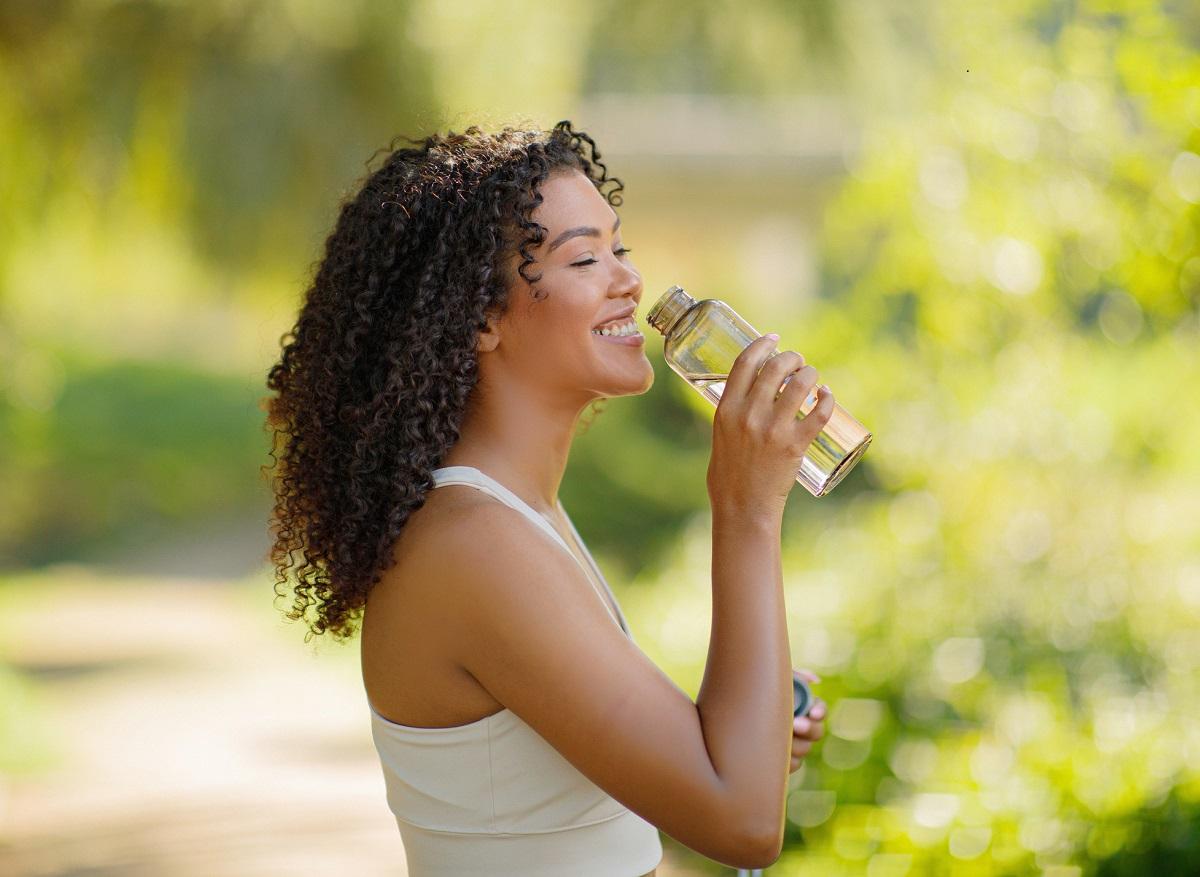The Covid-19 coronavirus continues to spread around the world… and, in its wake, a lot of fake news is flourishing!
Often ridiculous, this “false information” (taking cocaine to avoid getting sick, for example…) could however promote the spread of the virus by eclipsing official recommendations.
To fight against fake news, the World Health Organization (WHO) has put a complete information point online. Are particularly targeted: “natural” remedies intended to prevent infection by the coronavirus, which are (at best) useless, (at worst) harmful to health. The Ministry of Health also distributes “DESINFOX” infographics. Anthology…
Sesame oil, sea water and garlic do not protect against coronavirus
- No, regularly rinse your nose with sea water (or hyper- or isotonic saline solution) does not protect against the virus. The WHO notes, however, that it “there is some evidence that this practice can help people recover more quickly from a common cold“.
- No, eating garlic is not an effective way to avoid contamination by Covid-19 despite “antimicrobial propertiesrecognized by the WHO.
- No, clean your bathroom, toilet, door handles or electronic devices at sesame oil (!) is not a good reflex against the coronavirus. The WHO explains that it “There are chemical disinfectants that can kill Covid-19 on surfaces. These include bleach or chlorine based disinfectants“.
- No, spraying your body with “natural” alcohol-based substances is not a good idea : “spraying of these substances may be harmful to clothing or mucous membranes (i.e. eyes, mouth)” underlines the WHO which recommends to start with “wash your hands frequently using a hydroalcoholic product – such as a gel – or soap and water“.
- No hand sanitizer gel does not cause cancer. No neurotoxic or carcinogenic risk has been identified following exposure to the ethanol contained in hydro-alcoholic products, recalls the Ministry of Health.
Also beware of chained emails
These emails arrive in your mailbox or via your instant messaging (WhatsApp, Messenger), social networks (Facebook, Twitter), etc. Generally, they contain messages with an alarmist tone, often copy-pasted and shared several hundred times. With the same objective: to encourage you to share it with as many people as possible, here is an example:
“Information from a researcher collaborating with the task force fighting the coronavirus epidemic:
Here we provide everyone with clear, simple and accessible information, which describes exactly what the Covid-19 virus (Coronavirus) is, how it is transmitted from person to person and how it can be neutralized in life. daily.
Infection with the virus does not cause a cold with a runny nose or a wet cough, but a dry cough, this is the easiest thing to recognize.
The virus is not resistant to heat and dies if exposed to temperatures of 26-27 degrees: it is therefore often necessary to consume hot drinks such as tea, herbal tea or soup during the day, or simply hot water: hot liquids neutralize the virus, so avoid drinking ice water.
And for those who can do it, expose yourself to the sun!”
The information conveyed here, in addition to being false (the coronavirus can manifest itself in various clinical formsnot just a dry cough), can be dangerous (government advice is to stay at homenot to go out in the sun in contact with other people).
To remember : it is important to check the source of the information and ask yourself: is it an official source? does the person sending the message really exist? who is she ? Be careful !
Source:
World Health Organization (WHO)
Read also :
How to treat coronavirus at home?
No, fennel is not a cure for coronavirus!
No, you cannot catch the coronavirus from a package.
Coronavirus epidemic: stage 3, what measures?
Coronavirus or not? This questionnaire advises you
Coronavirus: what are the symptoms in cats?
How to make your homemade hydroalcoholic gel?
Chloroquine: a miracle cure?
Coronavirus in children: 3 things to know
What are the risks during pregnancy?















